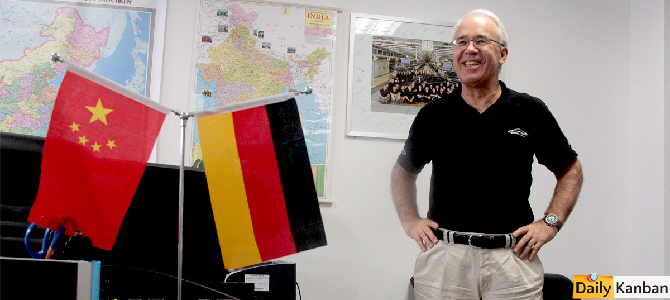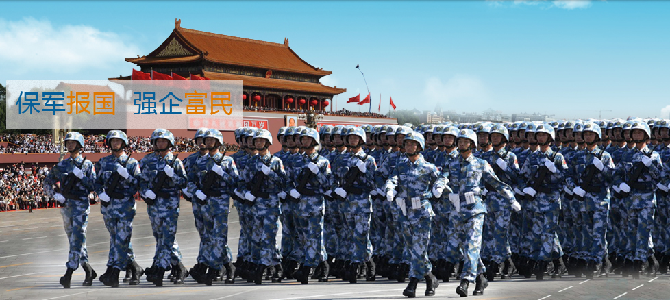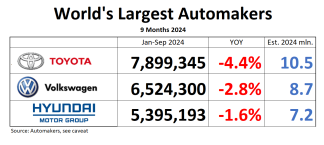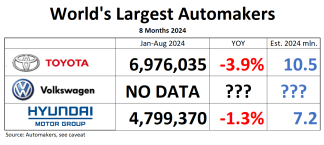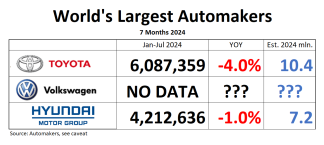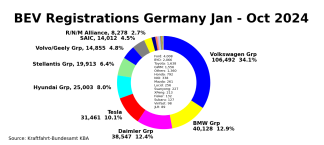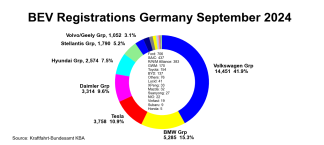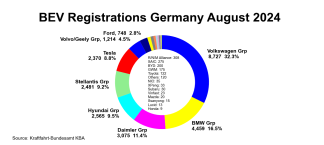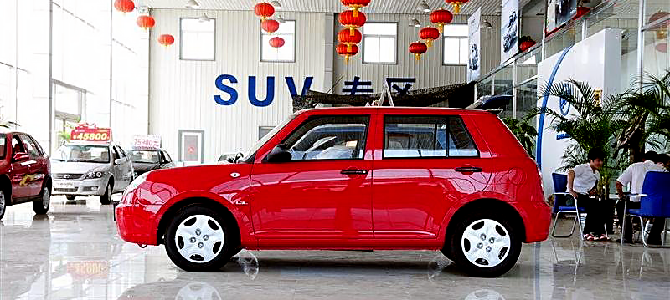
Tesla’s presumptive JV partner Lifan (formerly Hongda) is known for its liberal approach to intellectual property
Tesla Motors is “sizing up Chongqing-based auto manufacturer Lifan Group and Chang’an Automobile Group” for a possible joint venture, writes Taiwan’s Wantchinatimes, which in turn did read it in Shanghai’s National Business Daily. As the DailyKanban wrote in Auto Industry 101.3, a 50:50 joint venture with a Chinese automaker is the only way to make a meaningful entry into the Chinese auto market. As we wrote in Auto Industry 101.4, a Chinese JV is the only way to bring a foreign EV to the Chinese market with any chance of success. Here come the howevers:
- Reports in Chinese business journals are notoriously unreliable. Rumors of impending joint ventures and factory projects are often spread by investment bankers, and regional developers. Most of the times, they are untrue.
- Tesla has a history of hinting at faux partnerships. Tesla earned a strongly-worded rebuke from BMW, after Elon Musk said the two were “in talks over a possible alliance in batteries and light-weight components.”
- A joint venture with a foreign automaker needs a long list of official approvals in China. China’s top economic planners at the National Development and Reform Commission NDRC are the most challenging hurdle. Approvals can take years, and are far from guaranteed. The NDRC shot down a JV between Subaru and Chery, the NDRC blocked Saab’s rescue by China’s Youngman, a purchase of Hummer by Tengzhong did not make the grade, and there are more.
- If approved, a foreign EV maker would be faced with a somewhat perplexing Chinese government policy. China wants EVs, but it simply does not want foreign EV brands to be produced in the country. Instead of licensing (for money) brand, design, and technology of the Model S to the JV, Tesla would have to give the rights to the design and the technology to the JV. A Chinese entity would become the rightful owner of the design and the technology of the Model S, and any future EVs Tesla would want to bring to China. Then, throwing away Tesla’s brand power, the car would have to be sold as a Chang’an XYZ, or whatever brand the JV would come up with. The Nissan Leaf is produced and sold in China as the Venucia e30. Daimler’s China EV is a Denza. Toyota’s China EV would be a Leahead, but Toyota’s heart is not in it.
- Dealing with a Chinese joint venture partner needs a considerable amount of diplomacy and kowtowing, traits Elon Musk is not known for. His heavy-handed approach to Tesla’s Chinese workforce, and his comments about Chinese basically being too stupid to charge a car, did cost Tesla a lot of capital in China. “Musk’s mocking of China has almost killed all cult-status Musk and Tesla had,” said Tycho de Feijter, who runs Carnewschina out of Beijing.
- Doing the JV with a Chongqing-based automaker would be a smart move. As elaborated in Auto Industry 101.4, Chongqing has the electric power many parts of China lack. Fast charger research is concentrated on Chongqing. The only question is why Chongqing has been ignored by Tesla so far.
Lifan is a small, privately held Chinese automaker based in Chongqing. It is more known for its motorcycles (2013 sales: 1.5 million) than for its cars (2013 sales: 370,000). The company is infamous for its liberal interpretation of intellectual property. Lifan originally called itself “Chongqing Hongda.” After a drawn-out lawsuit, initiated by a miffed Honda, the company changed its name to Lifan, but continued to use the Hongda badge on its motorcycles, until another hard-fought court ruling put a stop to it. Wikipedia calls the Lifan 320 “a fairly straightforward copy of the current Mini.”
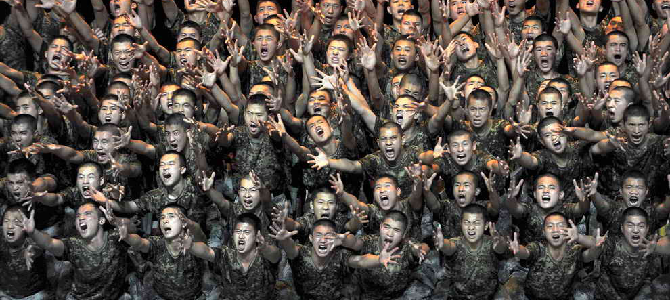
Chang’an is owned by China Weaponry Equipment. It would be a JV with China’s military-industrial complex
Chang’an (a.k.a. Chana) is a central government-owned Chinese automaker, based in Chongqing. The company has strong ties to the Chinese military. Its parent is the government-owned arms maker China Weaponry Equipment, at least that’s what China Daily said. Other say its parent is China South Industries, the second-largest weapon maker in China, after China North Industries, better known as Norinco. Inscrutable Orient.
In a 2010 government-ordered consolidation, Chang’an took over the auto assets of likewise government-owned Aviation Industry Corp of China (AVIC). Chang’an joint ventures with Suzuki, Ford, and PSA make for the bulk of its output. Its own-brand offerings are fairly insignificant.
A JV with tiny Lifan would bring Tesla nothing, and the JV has little chance of being approved. A JV with Chang’an would have more chances of an approval. Basically, it would be a JV with China’s military-industrial complex. Not the most ideal fit for an Elon Musk who likes to be seen as someone who changes the world for the better.
